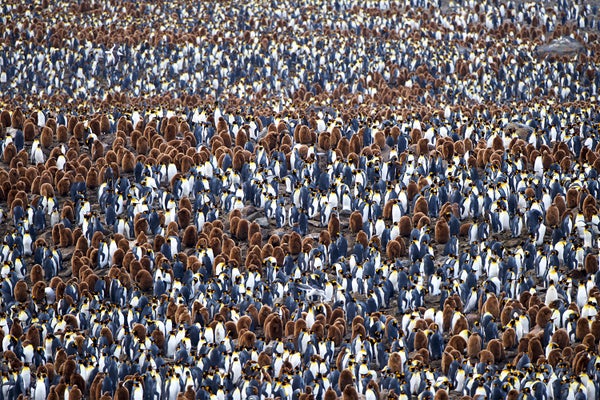Hi, I’m Scientific American assistant news editor Sarah Lewin Frasier. And here’s a short piece from the August 2020 issue of the magazine, in the section called Advances: Dispatches from the Frontiers of Science, Technology and Medicine. The article is titled “Quick Hits,” and it’s a rundown of some noncoronavirus stories from around the globe.
From Canada:
A new study models how a gigantic, morphing blob of liquid iron in Earth's outer core underneath the Canadian Arctic is losing its grip on the North magnetic pole. A second, intensifying blob below Siberia is pulling the pole away.
From Scotland:
A geologic-dating effort suggests the fossil of a millipedelike creature found on the island of Kerrera formed 425 million years ago, making it possibly the oldest-known fossilized land animal. (Older land animals have been spotted indirectly, through preserved tracks.)
On supporting science journalism
If you're enjoying this article, consider supporting our award-winning journalism by subscribing. By purchasing a subscription you are helping to ensure the future of impactful stories about the discoveries and ideas shaping our world today.
From Tanzania:
Researchers discovered Africa's largest-ever collection of fossilized human footprints, left in volcanic mud about 10,000 years ago. Many of them came from a group of 17 people, mostly women, all walking in the same direction.
From Norway:
Archaeologists are excavating a 20-meter Viking ship, buried below a farmer's field, to stop a wood-eating fungus from destroying it. Ground-penetrating radar had found the ship in 2018, and a new wood sample analysis revealed that it could not be preserved underground.
From Zambia and Mongolia:
This spring a satellite-tagged cuckoo completed an epic 12,000-kilometer journey from Zambia to Mongolia. It had originally been tagged in Mongolia in 2019 and traversed 16 countries in its round-trip migration.
And from Antarctica:
Scientists found that king penguin excrement releases nitrous oxide–also known as laughing gas. It forms as soil bacteria eat the droppings' nitrogen-rich compounds.
That was “Quick Hits.” I’m Sarah Lewin Frasier.
[The above text is a transcript of this podcast.]

